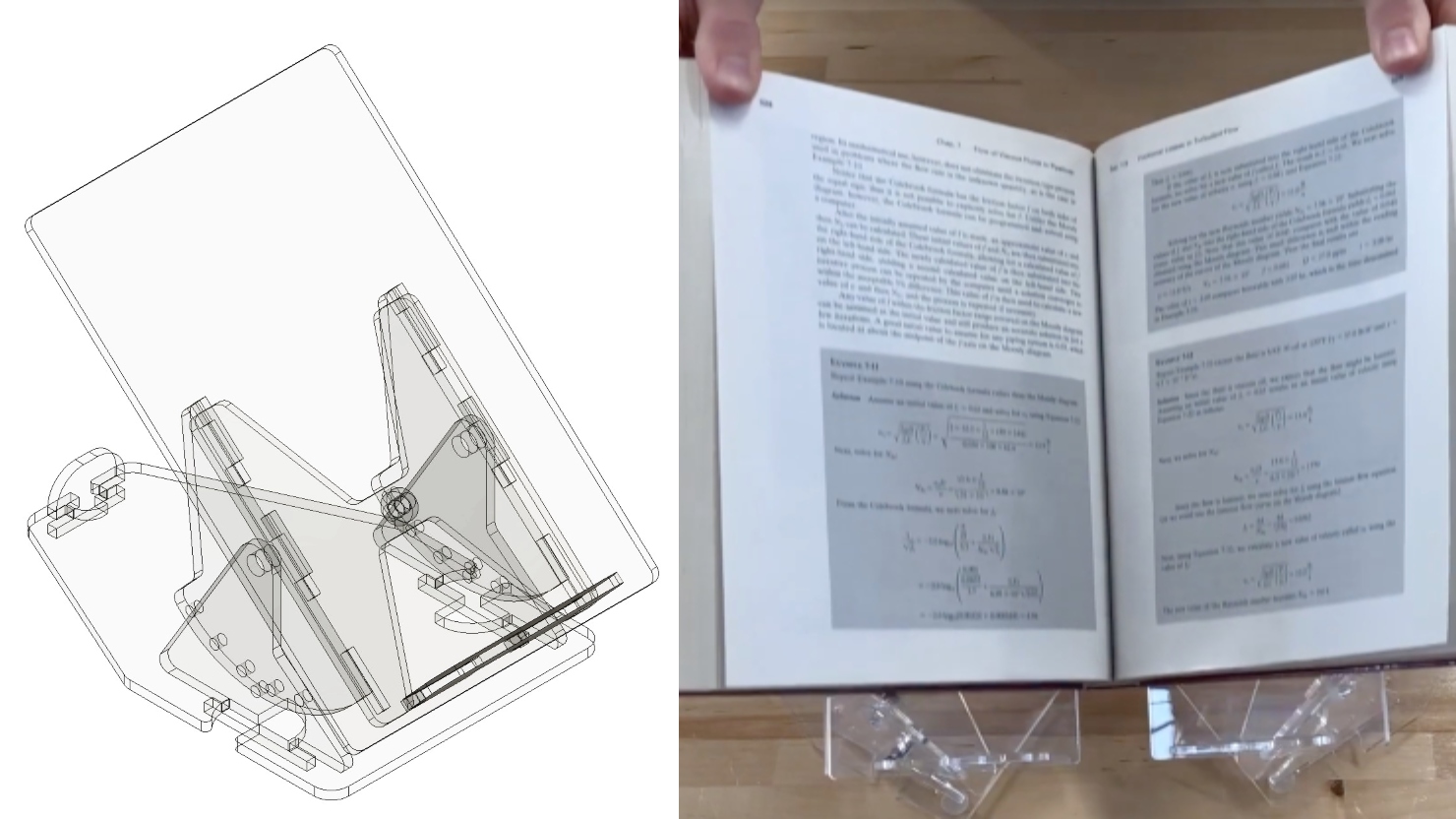
‘Embrace the Ditch,’ and Other Lessons Learned in Duke CEE’s Overture Engineering
Civil and environmental engineering students learn to design buildings within less-than-optimal parameters in a collaborative capstone course
We’re sorry, but that page was not found or has been archived. Please check the spelling of the page address or use the site search.
Still can’t find what you’re looking for? Contact our web team »
Read stories of how we’re teaching students to develop resilience, or check out all our recent news.

Civil and environmental engineering students learn to design buildings within less-than-optimal parameters in a collaborative capstone course

On a Star Wars-themed field of play, student teams deployed small robots they had constructed

Two projects from First-Year Design course are patent-pending. Student surveys suggest the course also fosters teamwork, leadership and communication skills.
May 20
Join an interactive event organized by ASIST. Reserve your seat in the Research Integrity Roundtable “Perverse Incentives in Academia” on Monday, May 20, 2024 at 3:00-4:30pm. Participants will review some […]
3:00 pm – 3:00 pm
May 21
Research in stroke prevention requires inclusion of a broad range of data sets from different cohorts. Integrating and harmonizing different data sources are essential to increase generalizability, sample size, and […]
12:00 pm – 12:00 pm Virtual
May 23
Come on over to the Devil’s Krafthouse at the Brodhead Center for snacks, drinks, and a fun time with your Pratt friends and colleagues celebrating another great year. RSVP by […]
4:00 pm – 4:00 pm